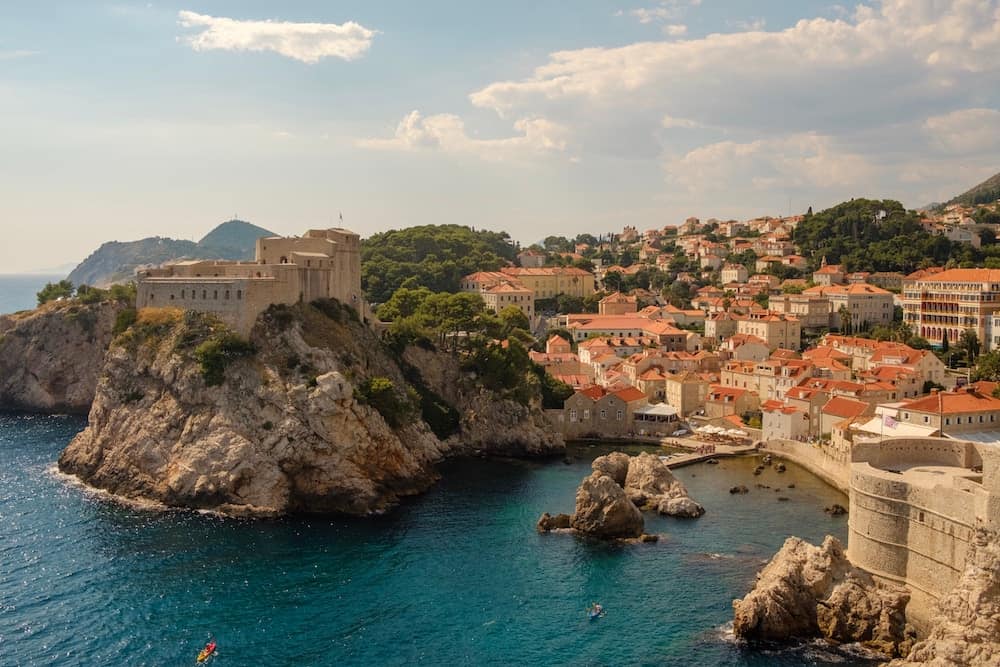
Destinations around the globe are implementing tourist taxes to fund the infrastructure needed to accommodate an influx of visitors.
While this is great news for the tourism industry, meeting planners may need to factor the tax into their event travel budget if meeting in any of these five destinations in the coming years.
Croatia
The land of “Game of Thrones” is cashing in on its recent spike in tourism by raising its tourism tax by 25 percent during peak season next year. It will be applied to all accommodation types, and the fee will range from $1.25 (eight kuna) to $1.57 (10 kuna) a night.
New Zealand
For attendees meeting in New Zealand, they will have to pay a new $23 fee (NZ$35) upon entry into the country starting in mid-2019. The fee applies to everyone arriving from major tourist destinations apart from Australia, and is expected to bring in an extra $16.1 million a year to fund conservation and infrastructure. The country’s annual visitor arrivals has increased by almost 30 percent to 3.8 million since 2015.
Japan
In the same vein, Japan will implement a departure fee starting on Jan. 7. What’s been called the “sayonara tax” of $8.89 (or 1,000 Japanese yen) will be added to the price of air or ship tickets for anyone (resident or visitor) leaving the country via plane or by ship. It won’t apply to tickets issued before Jan. 7.
Barbados
Barbados is implementing not one, but three, tourism taxes to help with its national deficit, which is currently 170 percent over gross domestic product. As of July 1, a mandatory hotel room tax, ranging from $2.50 to $10 per room per night (depending on the hotel quality) is now being implemented. As of Oct. 1, travelers leaving the country have to pay an airline travel and tourism development fee of $70. And lastly, by 2020, the third tax will increase the Value Added Tax (VAT) in the tourism sector from 7.5 percent to 15 percent.
Scotland
In Edinburgh, the City of Edinburgh Council proposed a tax to raise the equivalent of $14.36 million a year to also accommodate growing tourism. The tax would charge an extra 2 percent per night to each attendee staying in the city. But it is still up for debate as to whether or not it will pass, as the council just recently opened it up to the public to provide input.











